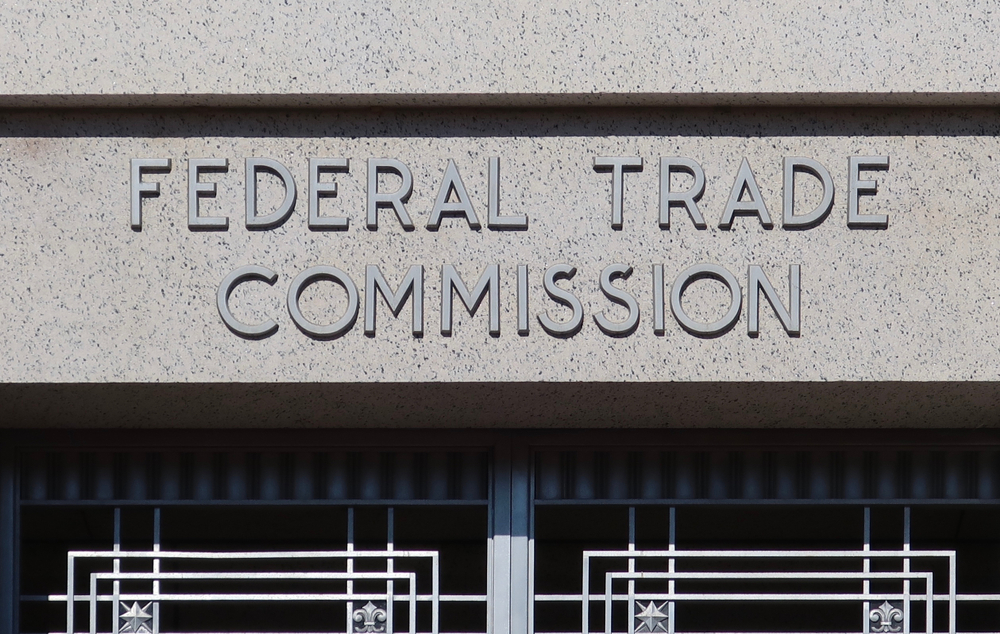Korea’s FTC Proposes Bill to Curb Monopolistic Practices by Platform Operators

In a move aimed at promoting fair competition and protecting consumers from monopolistic practices, the Fair Trade Commission (FTC) of South Korea has proposed a bill to prevent platform operators from restricting access to competing services. The decision, announced on Tuesday, has stirred opposition from prominent business associations and the tech industry in the country.
The antitrust regulator revealed its intention to introduce the bill following discussions with relevant government agencies. However, the commission did not provide specific details regarding the targets or penalties associated with the proposed regulation.
According to a statement released by the FTC, platform operators have been rapidly expanding their influence in the market through unfair business practices that hinder the entry of startups or alternative platforms. The commission emphasized that such monopolistic practices place a burden on consumers, resulting in increased commission charges or subscription fees.
One high-profile example cited by the FTC involves Google allegedly preventing game publishers from launching games on alternative app markets after releasing them on Google Play Store. This move has reportedly limited competition and stifled the growth of other Android app stores, such as One Store, created by Korea’s three major mobile carriers and tech giant Naver.
Read more: South Korea’s Antitrust Watchdog Probes K-Pop Agencies
Kakao, a major player in the South Korean tech industry, also came under scrutiny. The FTC highlighted Kakao Mobility, a ride-hailing affiliate, for manipulating ride dispatch algorithms to favor its affiliated drivers over others, raising concerns about anti-competitive behavior.
Industry sources suggest that major services operated by Google, Naver, and Kakao could potentially be subject to the proposed bill. The FTC clarified its approach by indicating that it would identify a select group of large-scale platform operators, referred to as “dominant platform operators,” who hold significant influence in the domestic market. These operators would be prohibited from engaging in unfair practices, such as showing preferential treatment to affiliates and preventing multi-homing.
The term “multi-homing” refers to a scenario where users simultaneously connect to multiple platforms, promoting a more diverse and competitive digital landscape.
While the proposed bill aims to foster a fair and competitive market environment, it has faced resistance from business associations and the tech industry. The debate surrounding the bill is expected to intensify as stakeholders evaluate the potential impact on the South Korean digital ecosystem. The FTC, for now, remains committed to addressing concerns related to monopolistic practices and fostering a level playing field for businesses in the tech sector.
Source: Korea Joongang Daily
Featured News
T-Mobile’s Acquisition of Ka’ena Corporation Receives FCC Approval
Apr 26, 2024 by
CPI
UK Regulator Announces Two New Senior Executive Appointments
Apr 26, 2024 by
CPI
Paramount Global and Skydance Media Near Merger Deal, Eyeing CEO Change
Apr 26, 2024 by
CPI
BHP Unveils £31bn Mining Megamerger Proposal with Anglo American
Apr 25, 2024 by
nhoch@pymnts.com
ByteDance Prefers Shutdown Over Sale of TikTok Amid US Ban Threats
Apr 25, 2024 by
CPI
Antitrust Mix by CPI
Antitrust Chronicle® – Economics of Criminal Antitrust
Apr 19, 2024 by
CPI
Navigating Economic Expert Work in Criminal Antitrust Litigation
Apr 19, 2024 by
CPI
The Increased Importance of Economics in Cartel Cases
Apr 19, 2024 by
CPI
A Law and Economics Analysis of the Antitrust Treatment of Physician Collective Price Agreements
Apr 19, 2024 by
CPI
Information Exchange In Criminal Antitrust Cases: How Economic Testimony Can Tip The Scales
Apr 19, 2024 by
CPI